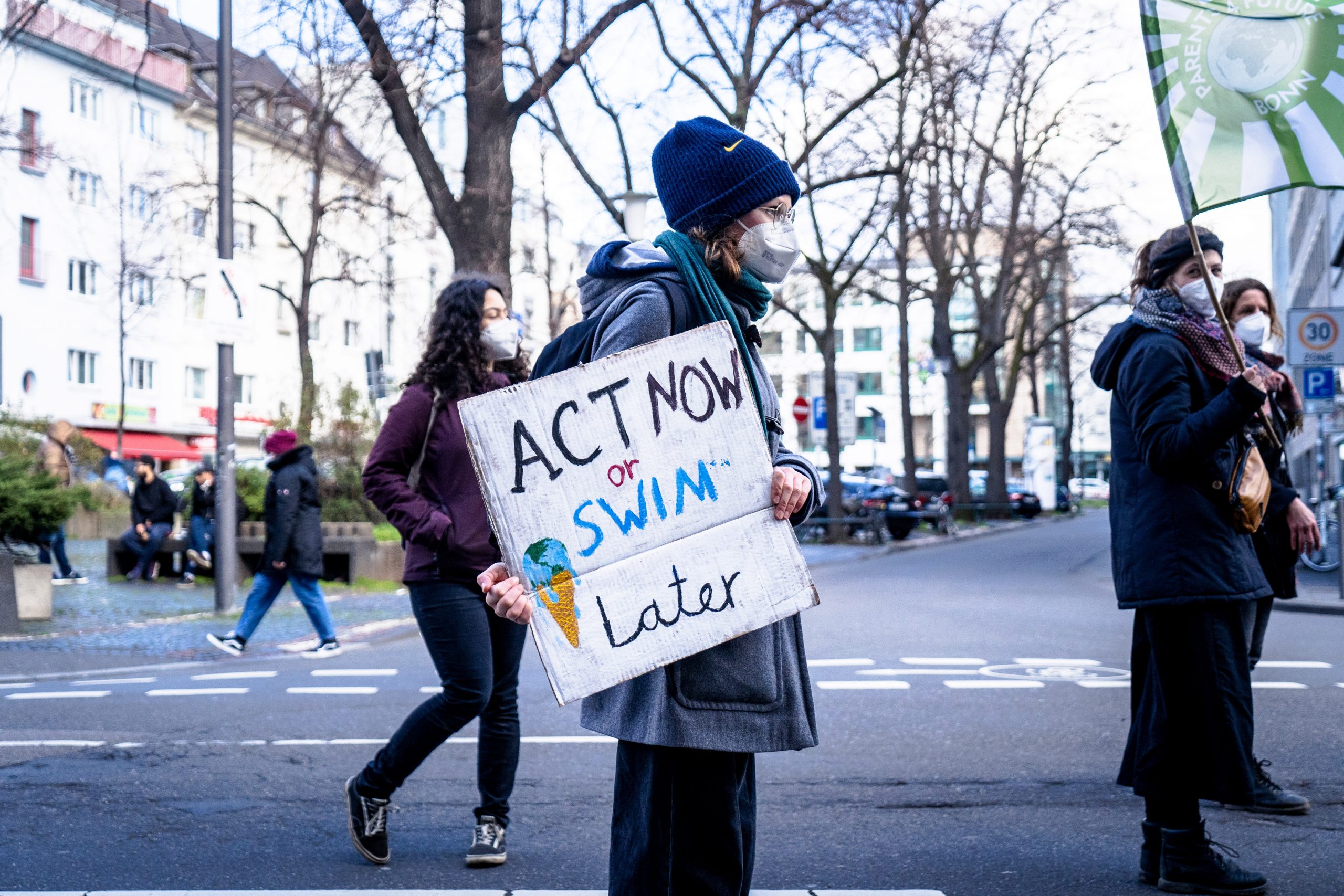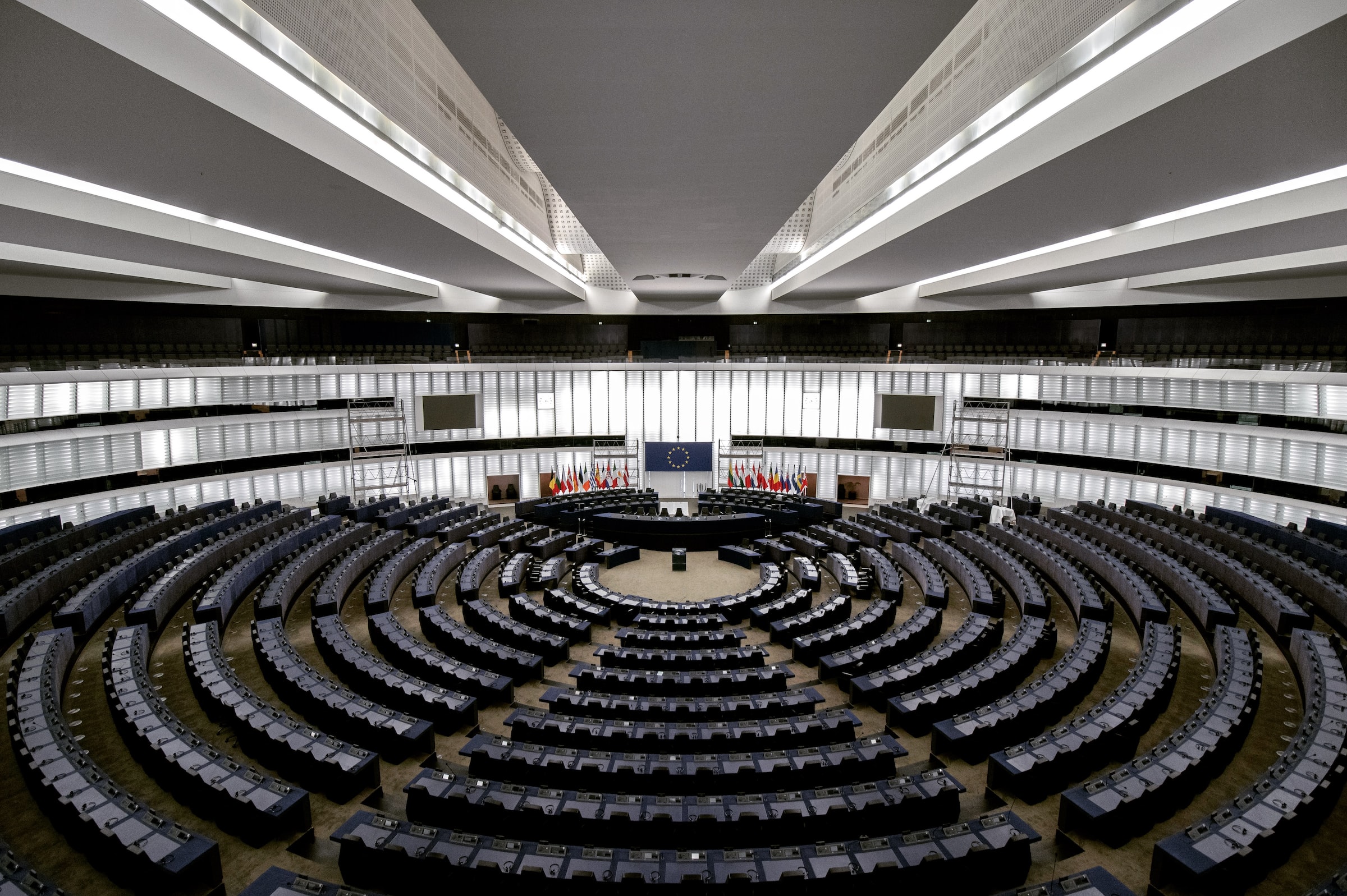The climate transition requires adequate investments to allow climate action to take place everywhere. Putting the world on a pathway that allows us to meet the global climate goals agreed under the Paris Agreement requires strong financial efforts, but at the same time entails many opportunities. Such economic opportunities span from the creation of new jobs – which would grow by 8 million by 2050 globally in the energy sector – to a better labour supply enabled by more comfortable environmental and weather conditions; from the reduction of costs related to climate change impacts to a healthier and safer environment, that can support livelihoods with functioning ecosystem services.
At the COP26 in Glasgow countries agreed to double adaptation finance. This is the most recent step of a series of UNFCCC negotiations that have been placing climate finance at the centre of the stage for several years now, especially looking for the best mechanisms to support low-income countries decarbonise and adapt to climate change, since the costs of a low-carbon transition will not be felt equally by all.
Climate policies have a central role in this transition. Giving a price to carbon and trading emissions in a carbon market allows us to start cutting emissions where it is cheapest whilst leaving room for the most virtuous to make gains. This is one of the mechanisms that can drive innovation, technological deployment, and profound changes in the economic system, all essential ingredients for building development models in which economic growth which does not go hand in hand with growth in greenhouse gas emissions. Incentives for more investment in renewables are another example of possible levers that can be moved by the policy world.
Besides the policy world, there is the private sector, with the big actors of the financial system refining the criteria for the allocation of capital to provide safeguards from the coming challenges. “Companies will keep doing what they are doing until we apply that mixture of pressure and incentive” affirmed Julien Vincent, winner of the 2022 Goldman Environmental prize, in a recent interview: through advocacy civil society and shareholders are putting pressure on the private sector. Such pressure, combined with incentives offered by consistent policies, has the power to push financial institutions into divesting from environmentally damaging projects and look for new and cleaner investment opportunities.






